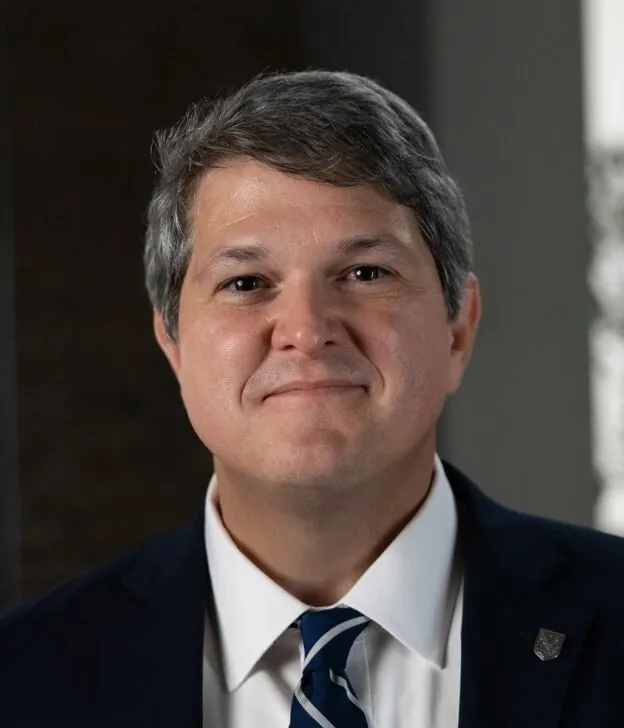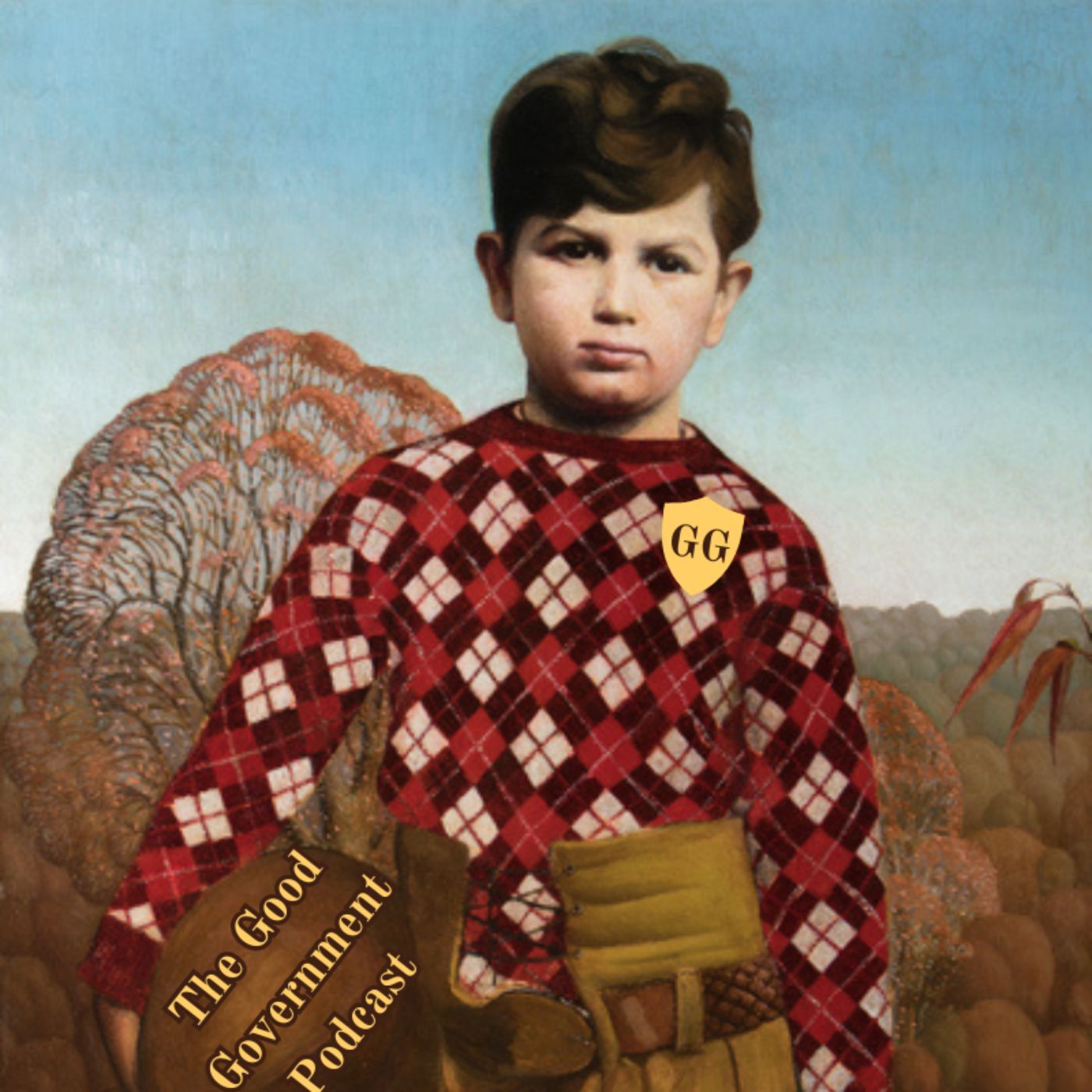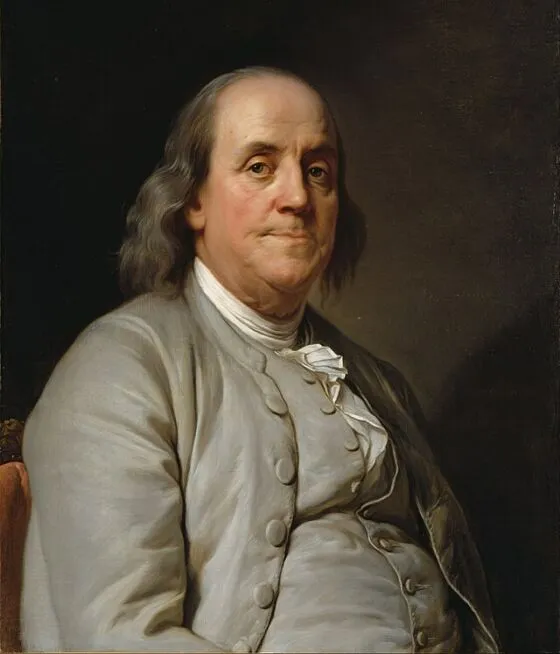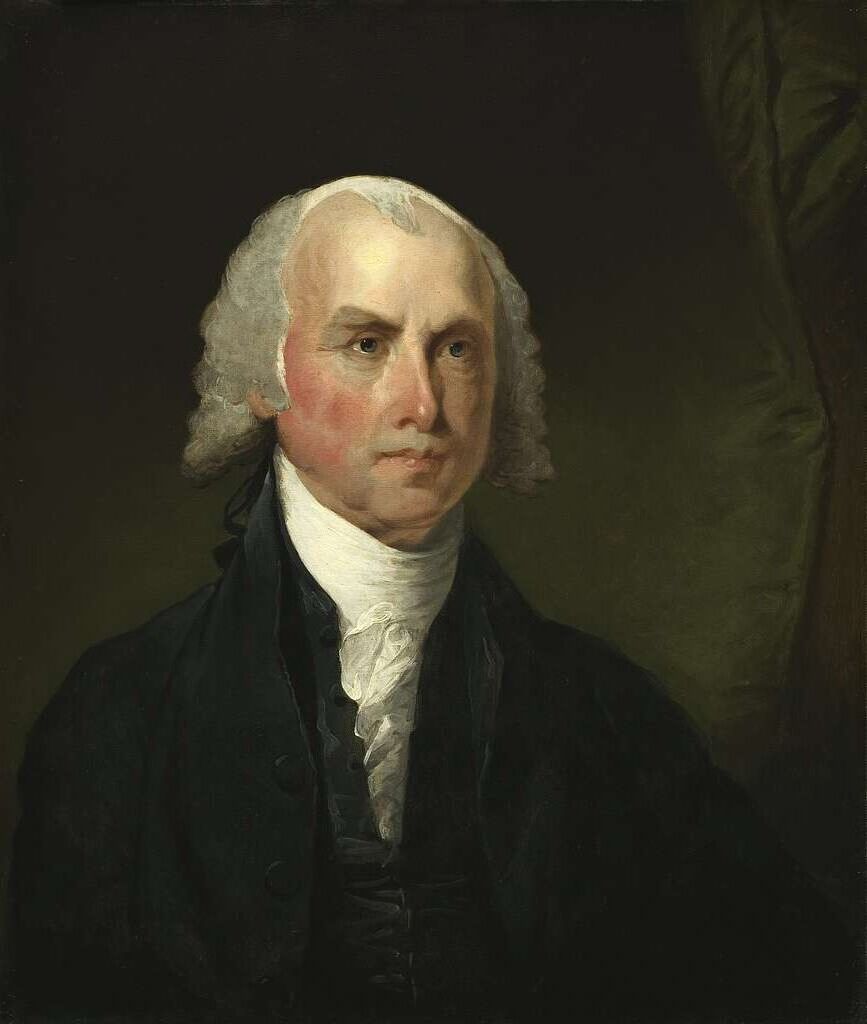
An interview with J. Michael Hoffpauir
JMC Resident Historian Elliott Drago sat down with JMC Fellow Dr. J. Michael Hoffpauir to discuss political philosophy, podcasting, and what the ancients might teach us about civic education. Dr. Hoffpauir is assistant professor of political theory at the University of Austin.
ED: What inspired you to become a political theorist?
JMH: After working in manufacturing for a few years, I enrolled at Louisiana State University. Although I made the practical decision to study business at LSU, my infatuation with film and my desire to write screenplays also led me to study English. At the time, LSU required its business majors to take “Introduction to Political Science.” Lucky for me, a man called Cecil Eubanks, a political theorist, taught that class that semester. Through Antigone, Hecuba, and The Prince, among other texts, Eubanks explored in the most profound manner many of the questions and experiences that were drawing me to the study of English. Upon completion of his class, I asked Eubanks, “Is there more? What next?” He directed me to study “Introduction to Political Theory” with David Corey, who was a graduate student at the time, and here I first encountered Plato and Aristotle. I was hooked. Corey then directed me to study with Ellis Sandoz. I took every class Sandoz taught during my time at LSU, including a few graduate classes.
These professors showed me that what drew me to film and the study of English were in fact the enduring questions of political philosophy. I came to see that the examination of what is just, what is good, and what is beautiful is a lifelong task and, more importantly, one that is essential for living well. I owe much to my teachers at LSU, who first directed me to the study of political philosophy.
ED: What is your area of specialty, and what sparked your interest in that topic?
JMH: My areas of specialty are ancient and modern political philosophy, the American founding, and statesmanship. My research involves questions of virtue, education, and political institutions, and my interest in them stems from my perplexity regarding the relationship between the private and the public, as well as the challenges of living well. I have published a book on Plato’s Crito in which I examine the tension between the citizen and the city when both understand justice to be self-preservation, doing good to friends, and doing harm to enemies. No matter the shortcomings and tensions within this understanding of justice, it persists, as does its need for supplementation. The concern over self-preservation and Socrates’ critique of it led me to the Stoic philosopher, Seneca. Like Socrates, Seneca understands there to be a tension between virtue and self-preservation to the extent that he shows, in speech and in deed, that the free relationship one has with death is the mark of a virtuous man. Additionally, Socrates and Seneca hold that virtue can be a matter of education.
And like virtue and education, politics and education seem inseparable. Therefore, my research also involves questions of liberal and civic education. As a citizen of this wonderful country and an individual who hopes to live well, I am interested in understanding the education offered by political philosophers and the American founders so I can clarify and apply what they grasped about liberty and virtue.
ED: Tell us a little bit about your most recent project, The Good Government Podcast.

JMH: I co-host the podcast with Aaron Slutkin, whom I first met in 2019 at Hudson Institute Political Studies. Last summer, Aaron and I sat down to record some promotional materials for Hudson Institute Political Studies, and after a 2-hour conversation on Federalist Paper 10, we decided to launch a podcast. My mentor from Claremont, Mark Blitz, suggested the name. The spine of our podcast is the Federalist Papers, but we have also recorded episodes on Machiavelli’s Prince, Lincoln’s “First Inaugural,” and Lincoln’s “Fragment on Slavery.” We intend to read and discuss all the Federalist Papers and whatever else piques our interest along the way—an ambitious goal, we know. But we think this a worthwhile goal, as we think we must understand the principles and institutions of America if we are to preserve liberty and the habits and virtues of a self-governing people. In this way, our podcast aims to offer something of a civic education. And because civic education is the handmaid of liberal education in our liberal order, we aim to facilitate the listeners’ own thinking and acceptance, modification, or rejection of the arguments as is fitting in liberal education. Finally, by way of our manner of conversation, we aim to model something of civil discourse and the sort of friendship that is at home in civic and liberal education.
ED: Explain your thoughts on why one might write an autobiography.
JMH: You ask this because of my piece featured in RealClear History on Benjamin Franklin’s Autobiography, in which I ask, “Who writes a book about himself?”
Any autobiography is about the author’s particular successes and failures in life, but for us to understand the work, it must also be about life in general. This is why we find ourselves drawn to autobiographies and capable of learning from them; autobiographies are not merely fascinating but also instructive and applicable to our own lives. One might write an autobiography, then, out of love for one’s fellow human beings and a desire to help them live better.
Why Franklin wrote
JMH: Franklin claims he writes his Autobiography for those who would like to know how he acquired his affluence and reputation. Such knowledge should allow others to imitate him and gain affluence and reputation. And while Franklin admits all older people are inclined to speak of themselves, this is not the true impetus for his writing an autobiography. The true impetus is vanity. One relishes in one’s greatness or accomplishments to such an extent that one seeks to relive them by documenting them, and, more importantly, one seeks to immortalize oneself by being read and imitated by posterity. The reputation Franklin acquired throughout his life pales in comparison with the reputation he stands to acquire after his death, and the Autobiography allows him to create that reputation. Neither of the answers I offer precludes the other.

ED: You’ve written extensively on Plato and Seneca. Are there insights or moments from either of their lives that might help us understand the current state of civic education?
JMH: Both philosophers affirm the necessity of politics while also contemplating the limits of politics. The people of Athens executed Socrates, and the Roman emperor Nero executed Seneca. And yet both Socrates and Seneca tried to educate their respective executioners. A question, then, is whether one should do so by being active in politics, by teaching statesmen, or by teaching in private. It can sometimes seem one ought to escape the storm of politics and the public, “find a place to ride at anchor,” keep quiet, and mind one’s own business. Yet Seneca was tutor to Nero. Socrates claimed he was set upon the city by the god to persuade men in private to care for nothing before virtue.
Civic education in America is undergoing a public renaissance. Sure, rebirth means civic education waned or even died, but the fact that civic education is enjoying a rebirth thanks to the public efforts of private citizens and state legislatures suggests a certain health in our republic.
JMH: We speak publicly about the necessity of civic education and civic virtue, we are building and offering K-12 curricula, and we are building and teaching in schools of civic thought in our public and private universities. Plato and Seneca, then, can serve as barometers. All is not lost. We need not keep quiet and mind our own business. We can and we are, instead, caring for our country, our fellow citizens, and our posterity through our renewed sense of civic purpose, responsibility, and possibility.
ED: What’s one thing you wish everyone knew about the American political tradition?
JMH: A remarkable thing about the American political tradition is its accessibility. The principles behind and the justification of our political institutions are the result of much well-documented deliberation, debate, and blood. We can read them, and we can understand them. All should know our founding document, the Declaration of Independence, for it contains the principles that animate our political order.
That is one thing, but I would like to offer three more, all of which are rooted in the Declaration of Independence.

I once heard a learned man say, “We are all trapped in the belly of Madison’s infernal machine, and we are the better for it.” Everyone should have some sense of the necessity and brilliance of the separation of powers, bicameralism, and limited government as constructed by our founders, along with some sense of their understanding of human nature. Therefore, everyone should know the U.S. Constitution and have some familiarity with the Federalist Papers.
Everyone should know something of Abraham Lincoln, especially his “Speech on the Dred Scott Decision,” “Gettysburg Address,” and “Second Inaugural Address.” Lincoln helps us understand that all men are created equal in our natural rights to life, liberty, and the pursuit of happiness, as well as the evil of slavery, yes, and he helps us understand that we must constantly labor to materialize our sacred principle, liberty to all. Lincoln completes the founding of America, and his life and death should serve as a model for us all as we continue his noble and just work.
ED: Excellent, thank you for your time!
Elliott Drago serves as the JMC’s Resident Manager of Network Engagement & Resident Historian. He is a historian of American history and the author of Street Diplomacy: The Politics of Slavery and Freedom in Philadelphia, 1820-1850 (Johns-Hopkins University Press, 2022).
